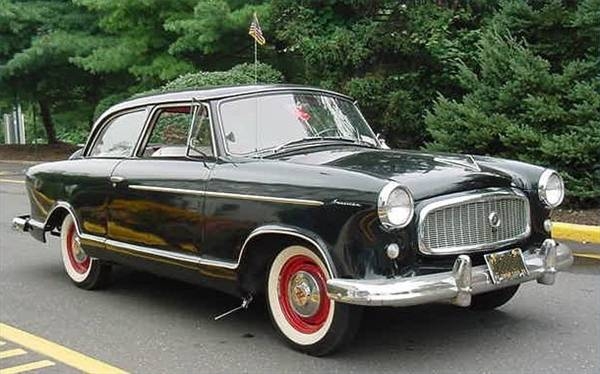
Speeding is the worst drain on gas mileage. Your car's mileage rates should hold steady until about 60 miles per hour, but for every 5 mph above 60, you lose about a mile per gallon from your car's fuel efficiency. So, for example, if you are driving at 80 miles per hour, and your car normally gets 21 miles per gallon, the MPG will go down to 17, which means you will lose 4 miles for every gallon. This is the single biggest drag on mileage.
Under-inflated tires can lower gas mileage by as much as 0.3 percent for every psi drop in pressure, which can add up to 3 percent if the tires are under-inflated by 10 psi (when the tires start showing lag). Check your tire pressure often (at least every 2 or 3 weeks for frequent drivers) and fill up at an air station as needed.
Although it may be a little more expensive, use the optimum grade of oil for your car. Using the wrong oil can cost up to 2 percent of your fuel economy, so the improvement in fuel efficiency will probably make up for the difference in cost. To get even better mileage, the U.S. Department of Energy's Fuel Economy website recommends motor oil that says "Energy Conserving" on the API performance symbol, as it has friction-reducing additives that will improve gas mileage.